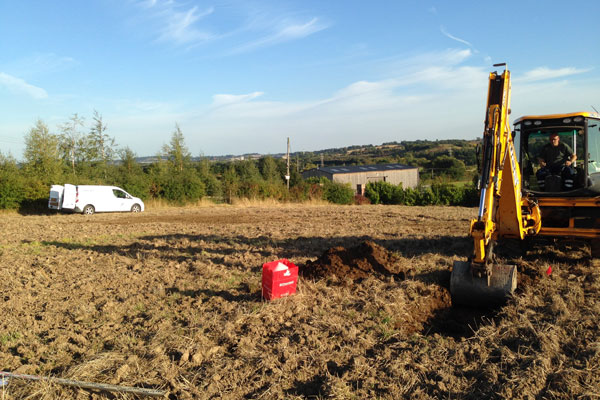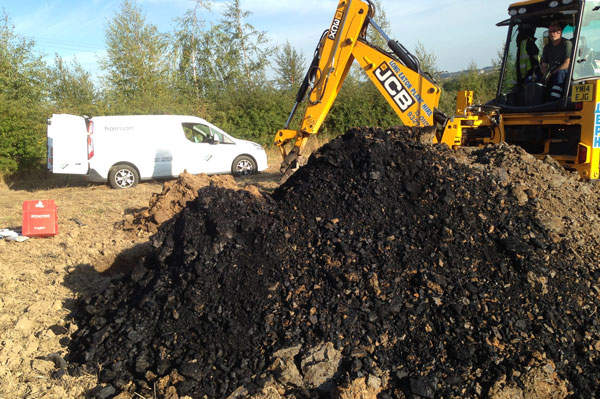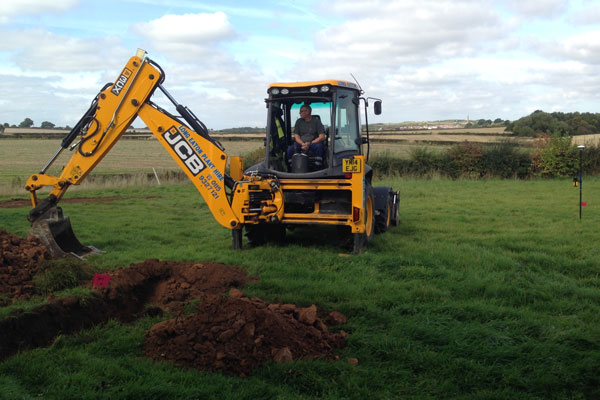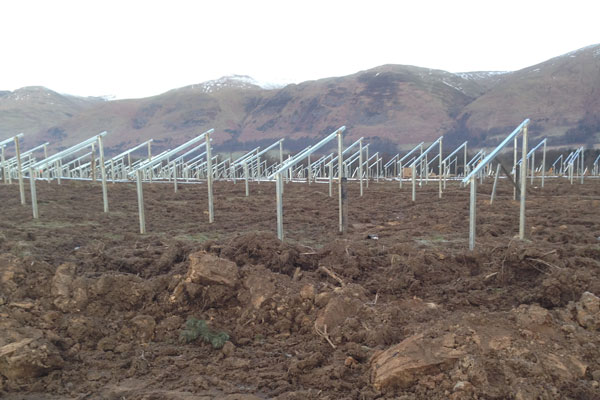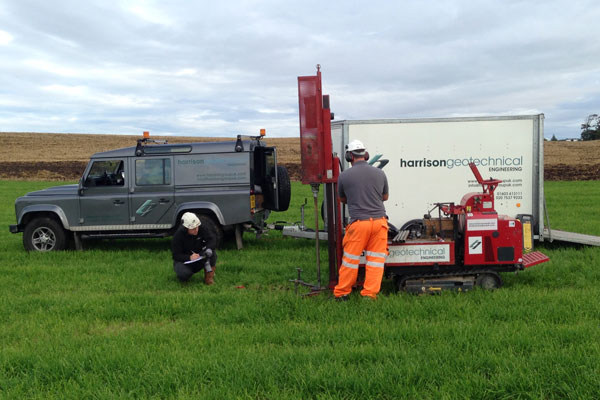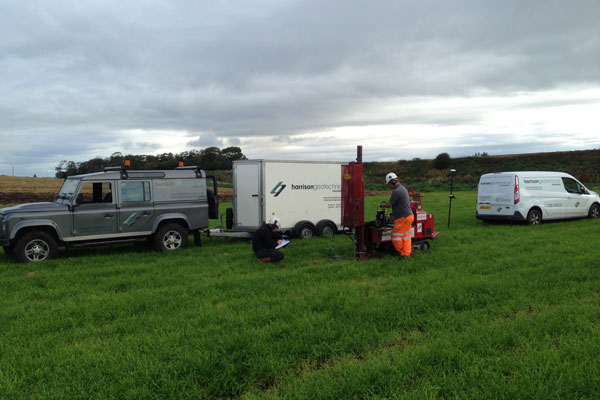
Solar Farm Investigations – Scotland
LOCATION: Various - eastern Scotland
PROJECT TYPE: Geotechnical site investigation
VALUE: £30K
BACKGROUND
About 40% of Scotland’s electricity demand is currently met by renewable sources and by 2020, the Scottish Government wants this to be 100%.
Solar power is seen as a key part of the renewable mix but accounts for just 2% of energy generation, with the focus having been on onshore wind in recent years. As a result (and with technology becoming cheaper), the solar power market looks set to grow dramatically in the near future.
This change of focus is attracting interest from global investors, developers and operators of solar farms. Eastern Scotland, in particular, is seen as a key area for solar energy generation. Aberdeenshire, Angus, Fife, Perth and Kinross receive similar levels of sunshine to countries such as Denmark and Germany, which are already well-served by solar power.
Harrison Group Environmental carried out geotechnical investigations as part of site appraisals for six solar farm sites in eastern Scotland for two major UK solar energy providers – Lark Energy and Geometris – in Summer 2016.
Working to tight timescales – all six investigations were carried out in two weeks to meet planning deadlines – Harrison mobilised a team of engineers from its Norwich and Cambridge offices to carry out the work.
SCOPE OF WORK
Each investigation included a desk study to identify potential geotechnical hazards, and to develop site-specific intrusive investigations. Along with gathering ground condition data, buried structures were investigated using geophysical techniques.
Fieldwork included dynamic continuous (window) sampling, in situ testing and trial pitting, with soil and rock samples tested at Harrison’s in-house UKAS accredited laboratory in Norwich. Testing was used to classify soil and rock and to determine key geotechnical parameters.
Harrison Group provided recommendations for shallow and deep foundations for the solar arrays and ancillary buildings and for access road pavements. It also helped meet requests for information from local authorities, as part of the planning process.
OUTCOME
Engaging Harrison Group to manage and carry out all six site investigations meant mobilisation was faster and costs were cut by 15%. Communications were also far simpler, as Harrison assigned one project manager to act as a single point of contact.
Harrison Group ensured investigation results were delivered in time for key planning documents to be submitted and produced preliminary results (borehole logs, in-situ testing, ground conditions and foundation recommendations) ahead of final reporting, to speed up site assessments.
Client quotes
“Having Harrison Group manage all six sites meant the entire investigation process was faster, simpler and more cost-effective, giving us more time to appraise the sites and to develop cost projections.”
Emma Rafaluk, Land and Development Director, Lark Energy
“Harrison Group has been a reliable partner over the past two years. The company’s engineers cope well with the fast-paced nature of the solar industry and having one project manager for all six projects proved to be very effective, helping to avoid communications issues.”
Alexandros Katsakos, Project Manager, Geometris

